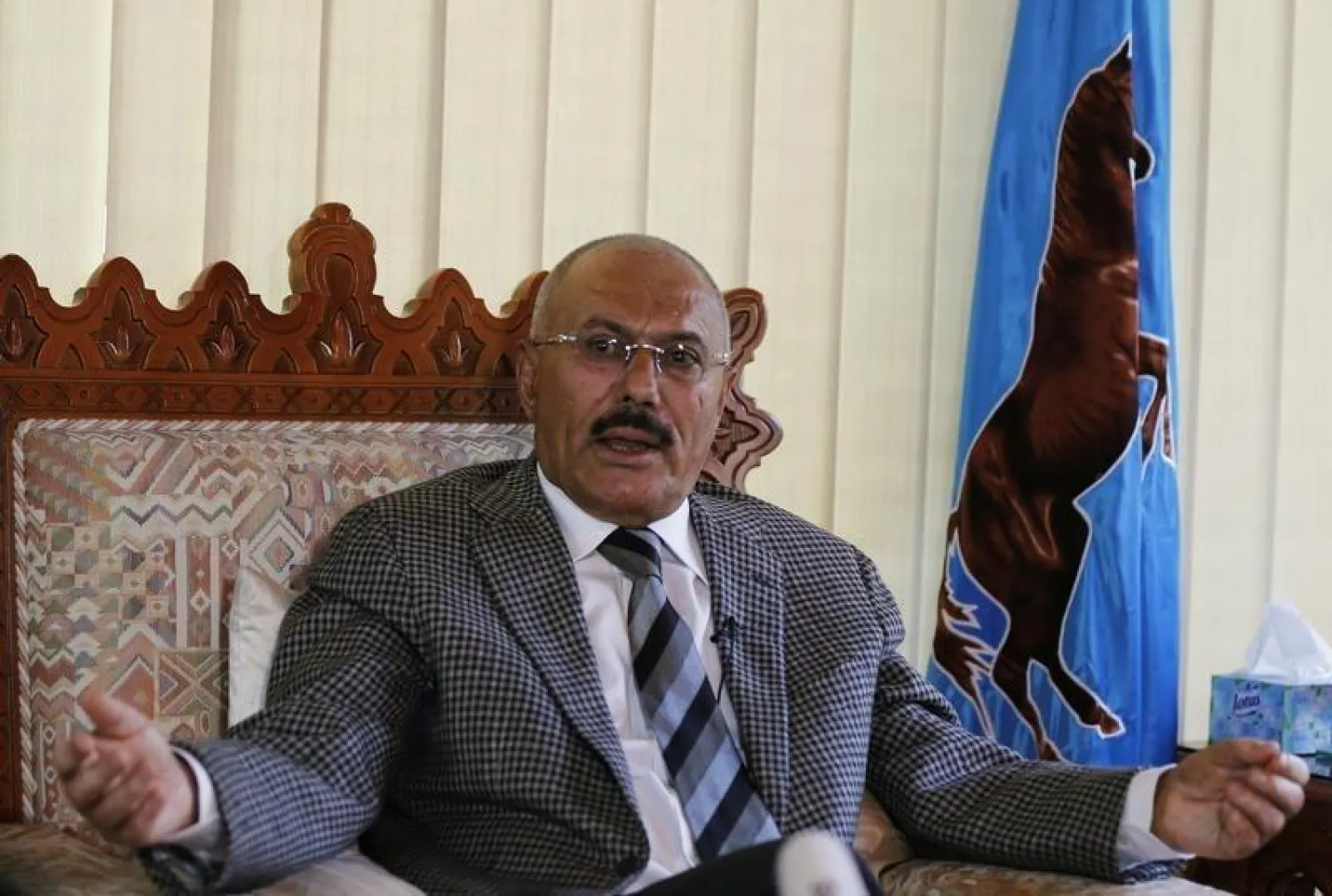Leaders of Yemen’s General People's Congress Party convened in Sanaa, declaring an alliance with the Iran-backed Houthi militias.
At the meeting the leaders elected the successor to late President Ali Abdullah Saleh, who was killed by Houthis after he announced his readiness for reconciliation with the Aden-based government and the Arab coalition, naming Sadiq Abu Ras as the new chief of the party.
More so, the group decided to exclude a number of representatives from participating in United Nations-sponsored peace negotiations that seek to revive talks between putschists and the legitimate government.
In the meantime, Congress leaders and branches inside and outside Yemen continued to issue a wave of statements denouncing the Sanaa meeting, who brought together only a few of their party members. They deemed decisions made at the meeting as "null and void."
Congress statements issued by the branches in the governorates of Saada, Amran, Dhamar, Abyan, Aden, Hadramout, Hodeidah, Hajjah, Mahweet, Rameh and Baiyada condemned attempts by the militias to take over the party and exploiting it as a political pawn, which serves its coup agenda.
It is no more than an attempt by Houthi militias to forcibly hijack the party’s stance by forcing some leaders still in Sanaa to take extra-procedural stances foreign to the Congress collective voice, the leaders explained.
Houthi official Hamza al-Houthi said his group decided to take out the former Congress’ delegation participation in upcoming consultations and replace it with that of a newly formed delegation that has unbound support for the coup and leader Abdul Malik al-Houthi.
The official added that his group will form the delegation “of all forces and parties who signed the peace and partnership agreement”.
"Parties do not have the right to change the views of the members of the next negotiating delegation," he said.
His remarks came at a time deputy Special Envoy of the Secretary General of the United Nations to Yemen Moin Shreim held two meetings in Sanaa with militia leaders as part of efforts to reboot negotiations between the Yemeni parties to end the coup and reach peace.









